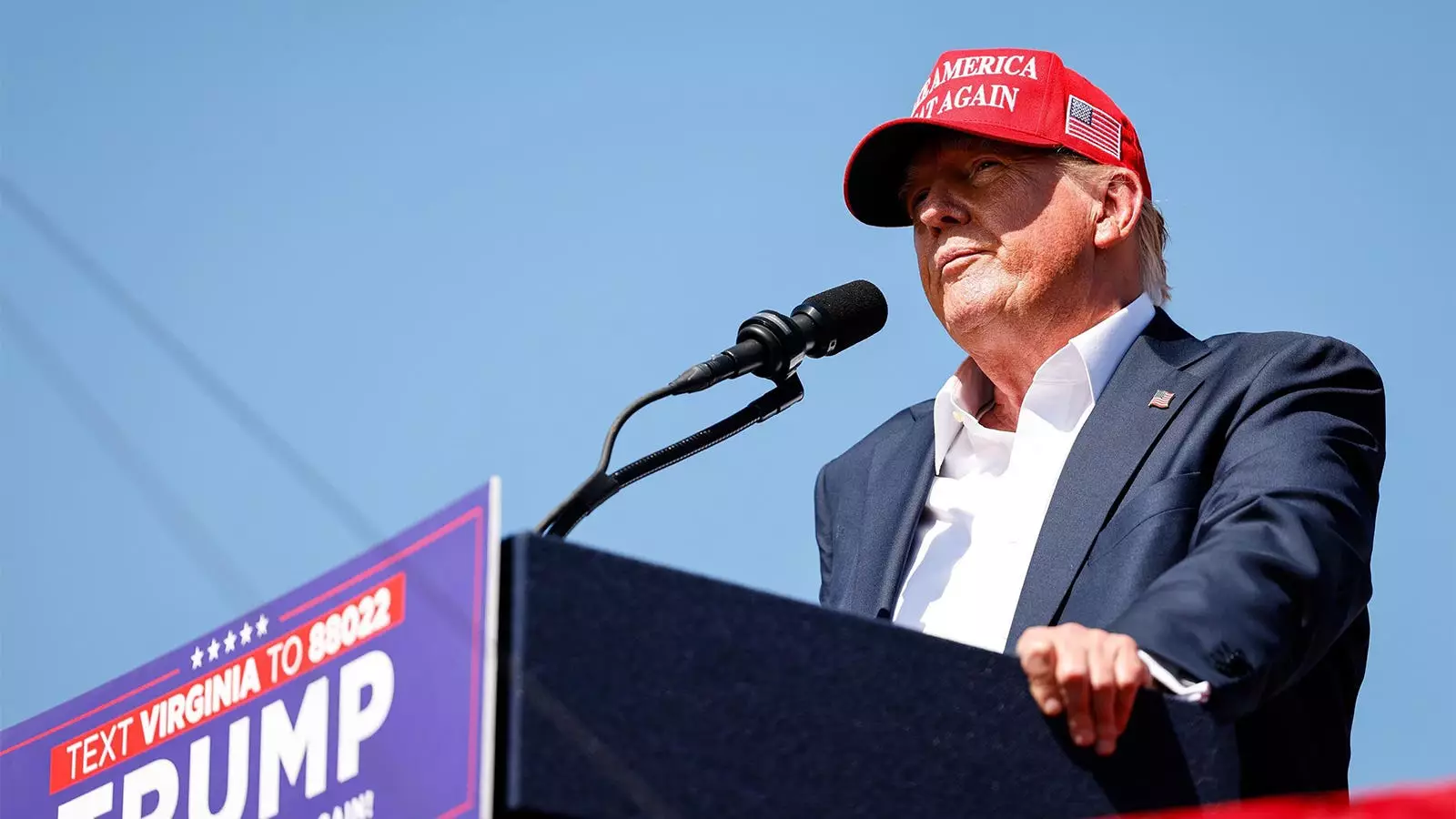On Saturday, during a rally in Butler, Pennsylvania, former President Donald Trump appeared to be the target of an assassination attempt. Law enforcement officials reported that a shooter, who was then killed by the Secret Service, sought to harm Trump. This incident marked the first assassination attempt on a president or presidential candidate since 1981, when Ronald Reagan was shot. The attack came amidst a politically charged environment, just months before the presidential elections and shortly before Trump was set to be officially named the Republican nominee at the party’s convention. Despite the chaos, Trump’s campaign reassured the public that he was “fine” post-incident.
The Response and Outcome
Following the attack, President Trump was quickly pulled to safety by Secret Service agents, with his ear reportedly covered in blood. The Secret Service confirmed that the former president was safe, and investigations into the shooter were ongoing. The rally attendee suspected of being the gunman, along with at least one other individual, was pronounced dead. Amidst the pandemonium, Trump was attended to and checked at a local medical facility. While his condition was being evaluated, law enforcement officials expressed gratitude for the swift response of first responders and the protection provided by the Secret Service.
The chaos and violence at the rally underscored the deep political divisions currently gripping the nation. The incident resonated with historical moments such as the assassination of Robert F. Kennedy and the attempted shooting of George Wallace, highlighting the persistent threats faced by political figures. The heightened security measures around presidential candidates, initiated after the tragic assassination of John F. Kennedy, serve as a stark reminder of the risks associated with public office. In the aftermath of such violent events, calls for unity and condemnation of violence have become customary responses from leaders across the political spectrum.
Political Reactions and Unity
President Biden, upon being briefed on the incident, expressed relief that Trump was safe and conveyed prayers for his well-being and that of all rally attendees. Bipartisan messages emphasizing the need to reject violence and uphold national unity emerged in the wake of the attempted assassination. Biden’s call for a united front against violence was echoed by other political figures, regardless of party affiliation. The suspension of campaign messaging and a collective effort to remove campaign ads showcased a unified response to prioritize safety and condemn acts of violence in the political arena.
The episode at Trump’s rally raised concerns about security protocols and the safety of political candidates and officeholders. The swift actions of law enforcement and the Secret Service highlighted the gravity of protecting public figures from potential threats. The incident served as a reminder of the inherent risks associated with public service and the need for constant vigilance and preparedness in the face of escalating political tensions. As the nation grapples with the aftermath of the assassination attempt, a renewed focus on national security and the protection of elected officials has come to the forefront of public discourse.


Leave a Reply